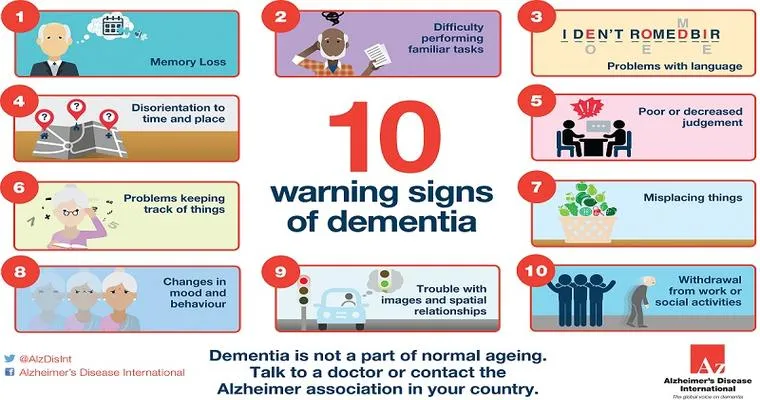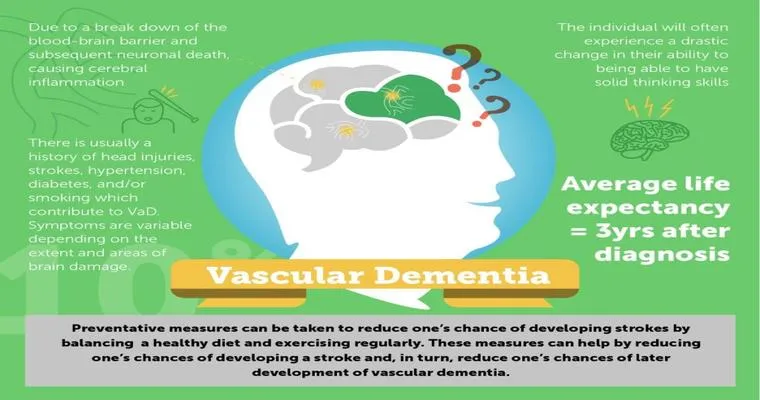As the understanding of "dementia" evolves, researchers and healthcare professionals are identifying new "symptoms" that may signal the onset of this complex condition. Traditionally associated with memory loss and cognitive decline, dementia can present itself in various ways. Recently, experts have noted a concerning trend in the emergence of new symptoms that could serve as early warning signs. In this article, we will explore these new symptoms, their implications, and steps to take if you or a loved one experiences them.
One of the most surprising new symptoms is "changes in personality" or behavior. Individuals who were once outgoing may become withdrawn or exhibit uncharacteristic irritability. This shift can be particularly alarming for family members who notice that their loved one is not acting like themselves. These behavioral changes can often be overlooked or dismissed as normal aging, but they may indicate underlying cognitive issues.
Another concerning symptom is "difficulty with language". While occasional forgetfulness is common, persistent trouble finding the right words or following conversations can signal a more serious problem. This difficulty can manifest as frequent pauses in speech or the use of vague language, which can frustrate both the individual and their listeners. Recognizing this symptom early can lead to timely intervention and support.
In addition to personality changes and language difficulties, researchers have identified "visual-spatial difficulties" as a potential new symptom of dementia. Individuals may struggle with tasks that require understanding spatial relationships, such as judging distances or recognizing familiar places. This symptom can lead to increased confusion and can impact daily activities, making it essential for caregivers to be aware of these changes.
Moreover, there is growing evidence that "sensory changes", particularly in the sense of smell, may be an early indicator of dementia. Individuals may notice a diminished ability to detect odors or a complete loss of smell, known as anosmia. This symptom can sometimes precede cognitive decline, making it a critical factor to consider in the assessment of dementia risk.
If you or someone you know is experiencing these new concerning symptoms, it is crucial to seek medical advice promptly. Early diagnosis can lead to better management of the condition and improve the quality of life for both the individual and their caregivers. Healthcare professionals can conduct assessments, offer support, and recommend lifestyle changes that may slow the progression of dementia.
In conclusion, the emergence of new concerning symptoms of dementia, such as changes in personality, language difficulties, visual-spatial challenges, and sensory changes, highlights the need for increased awareness and understanding of this condition. By recognizing these signs early, individuals and their families can take proactive steps toward seeking help. Stay informed and vigilant about these symptoms, as they could play a critical role in the early identification and management of dementia.





